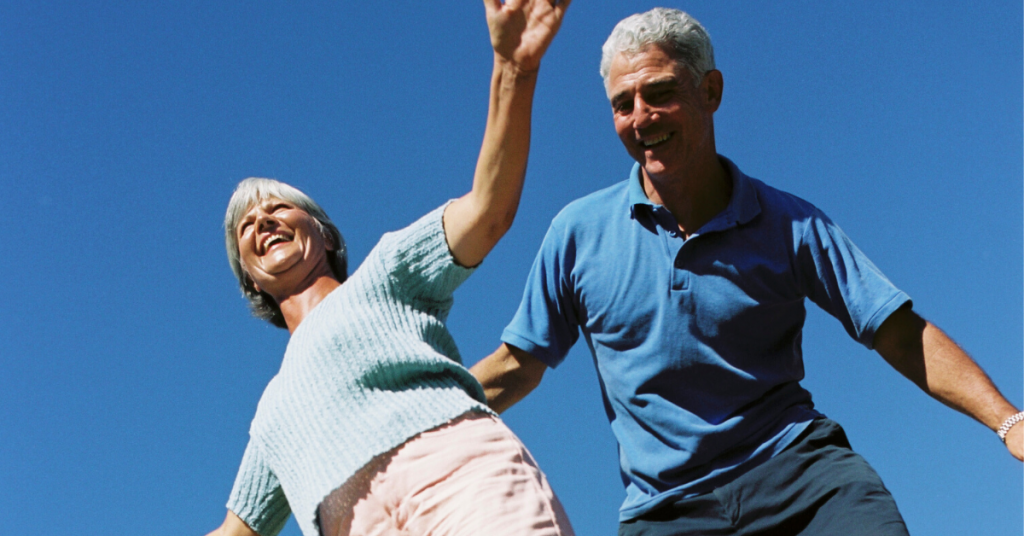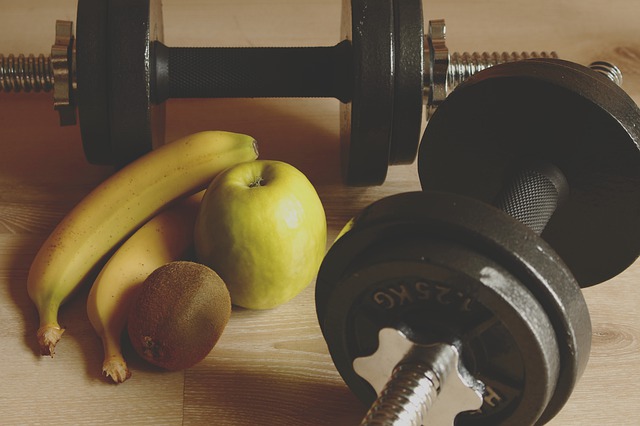Many people develop a fear of falling as they get older. They feel frail and uncertain. They feel stiff and feel their reactions are getting slower. They may be in pain and fearful that falling will be catastrophic.
Rebecca Boyd in an article in the journal Age and Ageing writes:
“an estimated 3.5 million, or 9.6%, of older [US] adults reported falling at least once in the past 3 months. About 36.2% of all older adults said that they were moderately or very afraid of falling. Few older adults who fell in the past 3 months reported making any changes to prevent future falls.”
She goes on to say:
“the high prevalence of falls and fear of falling among US older adults is of concern. Both can result in adverse health outcomes including decreased quality of life, functional limitations, restricted activity and depression.
Public Health England says that around 20% of hip fracture patients entered long-term care in the first year after fracture.
In the US every 11 seconds, an older adult is treated in the emergency room for a fall; every 19 minutes, an older adult dies from a fall.
How do I prevent falling?
Much of the advice about how to prevent falls involves making the environment safer.
The UK NHS, for example, offers this advice for avoiding falls at home
- immediately mopping up spillages
- removing clutter, trailing wires and frayed carpet
- using non-slip mats and rugs
- making sure all rooms, passages and staircases are well lit
- organising your home so that climbing, stretching and bending are kept to a minimum, and to avoid bumping into things
- getting help to do things you’re unable to do safely on your own
- not walking on slippery floors in socks or tights
- not wearing loose-fitting, trailing clothes that might trip you up
- wearing well-fitting shoes that are in good condition and support the ankle
- taking care of your feet by trimming your toenails regularly and seeing a GP or chiropodist about any foot problems
Of course, these are important, but focusing on these misses one of the most important things people can do to reduce their chances of falling and to reduce their chances of injury if they do fall.
The NHS goes on to say (much less prominently) that doing regular strength exercises and balance exercises can improve your strength and balance and reduce your risk of having a fall.
If you’re new to exercise, you may wonder if you should be doing it. The advice from experts is very clear. Chhanda Dutta, PhD, chief of the Clinical Gerontology Branch at the US National Institute on Aging says:
“Exercise is almost always good for people of any age”
What are the best strength training exercises?
Gavin McHale, a certified exercise physiologist based in Winnipeg recommends:
“If you’re new to strength training, which is also referred to as resistance training, don’t stress about all the exercise equipment lining your gym floor. Instead, focus on performing exercises using your bodyweight so you can learn proper form and build a base level of strength before adding extra challenges to the mix. Doing so will reduce the risk of exercise injury while also allowing you to get better results from future workouts.” via Strength Training for Seniors: Everything You Need to Know
You may prefer to work out at home rather than go to the gym. I recommend the HASfit website for this. They have a section specifically for older people or those with limited mobility.
- 10 Minute Improve Balance Workout – Stability Exercises – Balance Exercises – Balancing Exercise – Stability Workouts
- 10 Minute Low Impact Aerobic Workout – Low Impact Cardio Exercises – Cardiovascular Exercise – Cardio Workouts
- 15 Min Exercise for Seniors, Elderly, Older People, or Limited Mobility
- 15 Minute Senior Workout – Low Impact Workout – Senior Exercises – Exercise for Elderly
- 20 Min Exercise for Seniors and Anyone with Limited Mobility
- 30 Min Exercise for Seniors, Elderly, & Older People
- 30 Min Exercise for Seniors and Anyone with Limited Mobility
Some of the exercises allow you to sit in a chair while working out.
- 20 Min Standing & Seated Exercise for Seniors, Obese, & Limited Mobility Workout
- 25 Min Chair Exercises Sitting Down Workout
- 30 Min Standing & Seated Exercise for Seniors, Obese, Plus Size, & Limited Mobility Workout
- 30 Min Senior Workout Routines – Standing & Seated Chair Exercise for Seniors, Elderly, Older People
There are also exercises to help with sciatica, neck pain and back pain
- 15 Min Neck Exercises for Neck Pain Relief
- 18 Min Sciatica Exercises for Leg Pain Relief
- 30 Min Exercises for Lower Back and Hip Pain Relief
Read my blog post review of the HASfit workout videos.
Age Bold also have an online program aimed specifically at older people who haven’t exercised for a while or have had a fall/surgery.
You can also stay fit in other ways. There’s evidence that taking part in regular tai chi sessions can reduce the risk of falls. Tai chi places particular emphasis on movement, balance and coordination. I have a Taiwanese daughter-in-law who is shocked that older people in the UK need hip replacements and have falls etc., as in Taiwan people seem to stay more active and less sedentary. In Taiwan it’s very common for older people to take constitutional exercise and morning hikes etc.
You can play tennis or badminton, go to spin classes or Zumba. The important thing is to move and do weight-bearing exercises.
I was talking to a friend recently. Because of the pandemic, she’d been stuck at home rather than being in work at a shop. She told me that she’d been going for a walk every morning but had become stiff and a bit sore. The shop was over three floors with no lift. She would often carry boxes up and down the stairs.
She told me the soreness and stiffness started to improve straight away, when she returned to work. She had envisaged that when she retired, she would sit at home reading and going for a daily walk. This experience had made her realise that this was not enough, if she wanted to stay healthy.
Let me leave the final word to an expert in this field.
Alicia I. Arbaje, MD, MPH, assistant professor of Geriatrics and Gerontology at Johns Hopkins University School of Medicine in Baltimore. Says:
“A lot of the symptoms that we associate with old age — such as weakness and loss of balance — are actually symptoms of inactivity.”
Check out my blog post How to age well.


